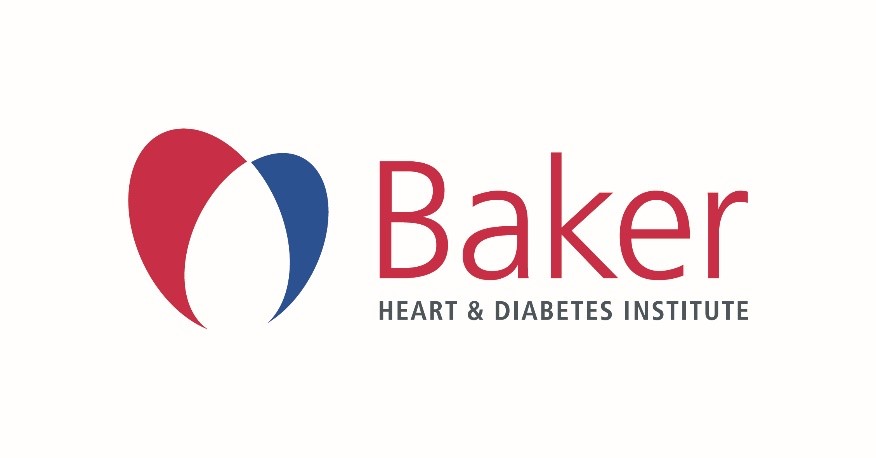Mapping the Associations of the Plasma Lipidome With Insulin Resistance and Response to an Oral Glucose Tolerance Test.
Habtamu B Beyene; Steven Hamley; Corey Giles; Kevin Huynh; Alexander Smith; Michelle Cinel; Natalie A Mellet; Maria G Morales-Scholz; Danielle Kloosterman; Kirsten F Howlett; Greg M Kowalski; Christopher S Shaw; Dianna J Magliano; Clinton R Bruce; Peter J Meikle
Abstract
Insulin resistance (IR) remains a global health challenge. Lipidomics offers an opportunity to identify biomarkers and better understand mechanisms of IR associated with abnormal lipid metabolism.The objective of this article is to determine plasma lipid species associated with indices of IR and evaluate the lipidome response to an oral glucose tolerance test (OGTT).This study was community based and cross-sectional.Plasma samples (collected at 0 and 120 min during an OGTT) from nonobese, young adults age 18 to 34 years (n = 246) were analyzed using liquid chromatography-tandem mass spectrometry.The associations between indices of IR and lipid classes and species (with a sex interaction term), or changes in lipid levels during an OGTT, were tested using linear models (adjusted for age, sex, body mass index, total cholesterol, high-density lipoprotein cholesterol, and triglycerides).Some (213) and (199) lipid species were associated with the homeostatic model assessment of insulin resistance and insulin area under curve (AUC), respectively. Alkylphosphatidylcholine (10), alkenylphosphatidylcholine (23), and alkylphosphatidylethanolamine (6) species were associated with insulin AUC in men only. Species of phosphatidylcholine (7) and sphingomyelin (5) were associated in women only. In response to an OGTT, a perturbation in the plasma lipidome, particularly in acylcarnitine species, was observed; and the changes in many lipid species were associated with insulin AUC.The plasma lipidome and changes in lipid levels during an OGTT were associated with indices of IR. These findings underlie the involvement of molecular lipid species in the pathogenesis of IR and possibly crosstalk between IR and sex-specific regulation of lipid metabolism.
| Journal | THE JOURNAL OF CLINICAL ENDOCRINOLOGY AND METABOLISM |
| ISSN | 1945-7197 |
| Published | 01 Mar 2020 |
| Volume | 105 |
| Issue | 3 |
| Pages | |
| DOI | 10.1210/clinem/dgaa054 |
| Type | Journal Article |
| Sponsorship |


